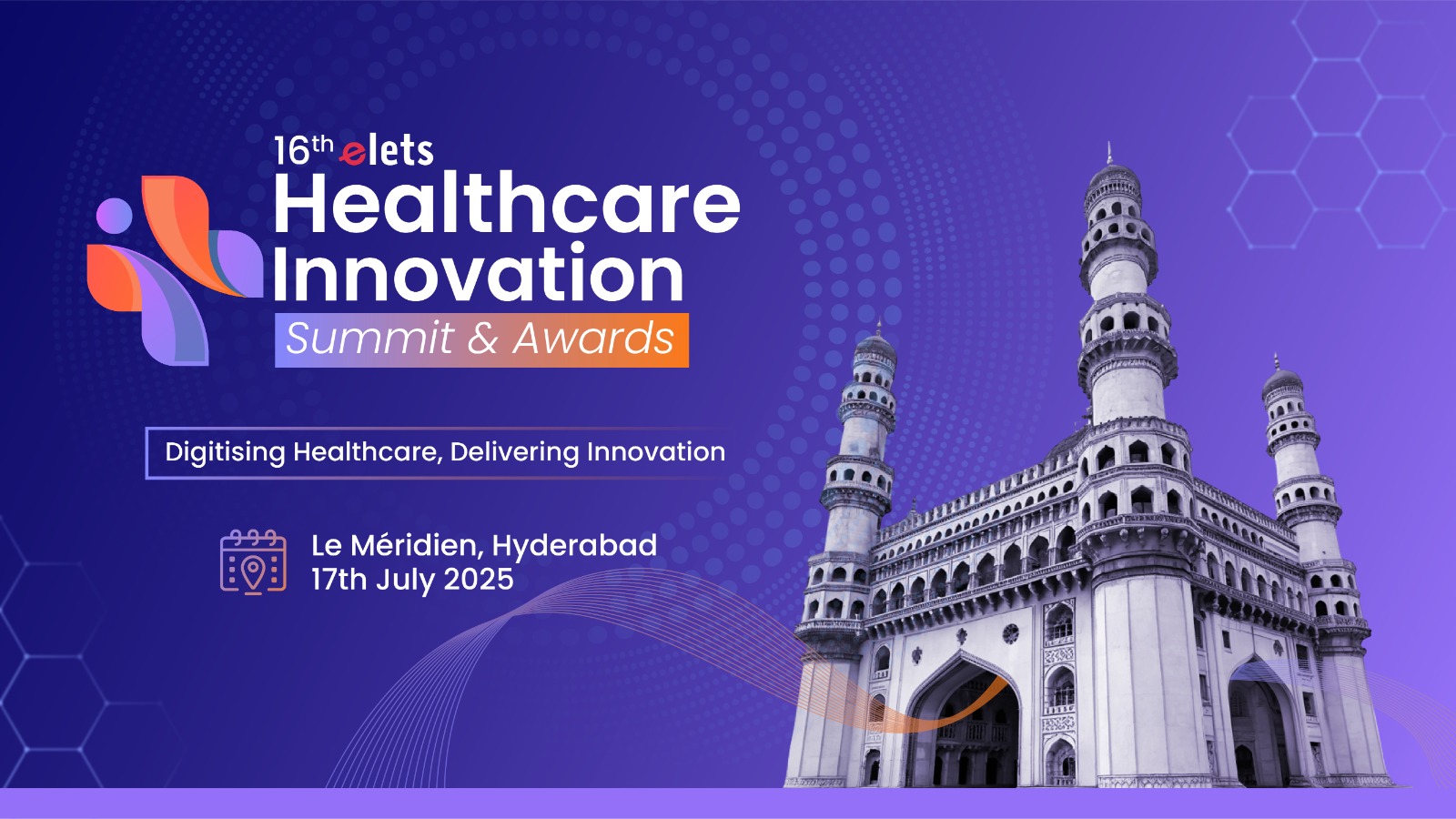
Cryopreservation involves the freezing of biological materials, such as cells, tissues, and even whole embryos, for long-term storage. It is a critical component of biobanking and fertility treatments, serving as an enabling technology in medical research. Long-term viability depends on maintaining precise storage conditions and constant vigilance. In recent years, artificial intelligence (AI) has emerged as a transformative technology in this domain, offering 24/7 vigilant monitoring that fundamentally reshapes how cryopreservation facilities operate.
Traditional cryopreservation monitoring has relied on manual checks and basic automated systems to track key parameters such as temperature and liquid nitrogen levels. While these methods have been reasonably effective to a certain degree, they have notable limitations. Manual monitoring is time-consuming, prone to errors, and incapable of detecting minor fluctuations that could compromise the biological integrity of the samples.

AI addresses these challenges by introducing real-time, continuous monitoring systems with unparalleled accuracy. Advanced sensors and machine learning algorithms in AI-driven systems continuously monitor storage environments, detecting even the slightest deviations from optimal conditions.

Perhaps the most remarkable feature of AI in cryopreservation is its predictive capabilities. By analyzing historical data, AI algorithms can identify patterns that precede potential issues. For instance, AI can predict when liquid nitrogen levels are nearing critically low thresholds based on usage patterns and provide early warnings to staff. This proactive approach prevents emergencies, ensuring the integrity of stored samples.

Studies have shown that AI-enhanced cryopreservation monitoring systems significantly reduce sample damage compared to traditional methods. These systems also boost the productivity of cryopreservation facilities by reducing the resources needed to maintain optimal conditions.

Moreover, AI operates tirelessly without fatigue or oversight, ensuring constant vigilance. This is particularly crucial for large biobanks that store thousands of samples, where the stakes are exceptionally high. AI monitoring guarantees that every single sample is meticulously overseen 24/7, regardless of staffing levels or operational challenges.
AI monitoring also streamlines regulatory compliance and data management. Automated systems log all relevant data in real-time, providing a complete audit trail that simplifies compliance and minimizes the risk of penalties. This automated record-keeping facilitates continuous improvement by enabling facilities to analyze performance data and identify areas for enhancement.
Also Read: What’s Shaping the Future of Dentistry in 2025?
AI-driven cryopreservation monitoring is setting new standards in the field, delivering round-the-clock vigilance and enhancing safety and reliability. This technological advancement not only protects stored samples but also opens new frontiers in research and medicine, including fertility treatments. As AI technology continues to evolve, its role in cryopreservation will grow, ushering in an era of unprecedented security and efficiency for biobanking.
Views expressed by: Dr. Ramnath Babu T J, Co-Founder & CEO, SpOvum® Technologies
Be a part of Elets Collaborative Initiatives. Join Us for Upcoming Events and explore business opportunities. Like us on Facebook , connect with us on LinkedIn and follow us on Twitter , Instagram.
"Exciting news! Elets technomedia is now on WhatsApp Channels Subscribe today by clicking the link and stay updated with the latest insights!" Click here!











